Contrary to what some may tell you, choosing a wine based on the label is exactly how you should be doing it…but there is, of course, a catch. While we ourselves have purchased bottles based on a catchy name or design, there are some cues we can also get from what’s written on the label to help us make an informed buying decision (*Hurray for making informed decisions!*). Here we’re talking about taking things a step beyond just the country of origin or the varietal of the grapes. We’re actually focusing on one very specific term, “estate bottled.”
[pullquote align=”right” cite=”” link=”” color=”#0396ec” class=”” size=””]All of those technicalities may leave you with a few questions. For starters, what does all of that mean for the wine? And, more importantly, why do we care?[/pullquote]This is actually one of those words that didn’t have any regulation in the past and therefore could have meant absolutely anything. These days, though, wineries gotta play by the rules. The TTB – the governing body that decides these sorts of things – defines “estate bottled” through a few different criteria. First there’s the vineyard. Estate bottled wine must be made with grapes grown on land that is owned by (or completely controlled by) the winery and located within a designated grape growing region. Then, the winery must complete the entire winemaking process (crushing, fermenting, aging and bottling) in one continuous process on the winery premises. And, finally, the winery and the vineyard must be located within the same designated wine-growing region (called a “viticultural area”).
All of those technicalities may leave you with a few questions. For starters, what does all of that mean for the wine? And, more importantly, why do we care? Like most things in the world of wine regulations, estate bottled is intended to be an indicator of a higher quality wine, since the winemaker has absolute control over the process, from grape growing to bottling. What is most interesting about this regulation, though, is that it we rarely see it in our wine glass travels, as winemaking becomes less localized and more diversified (did you see our feature on urban winemaking?!).
At the end of the day, an “estate bottled” label shouldn’t make or break your wine buying decision, but it can help you know a little more about where your wine is coming from. If you’re someone who is super interested in learning about one specific wine growing region, estate bottled wines may be for you. And chances are that a winemaker who went through all of that extra work to have complete control over the winemaking process and get clearance to put “estate bottled” on their label is going to be someone who takes their job very seriously and makes some damn good juice. But on the other hand, we’ve had some pretty amazing wines made in Brooklyn with grapes grown in California. Whatever your decision may be, you can now go forth armed with just a little more wine knowledge. Cheers to that.

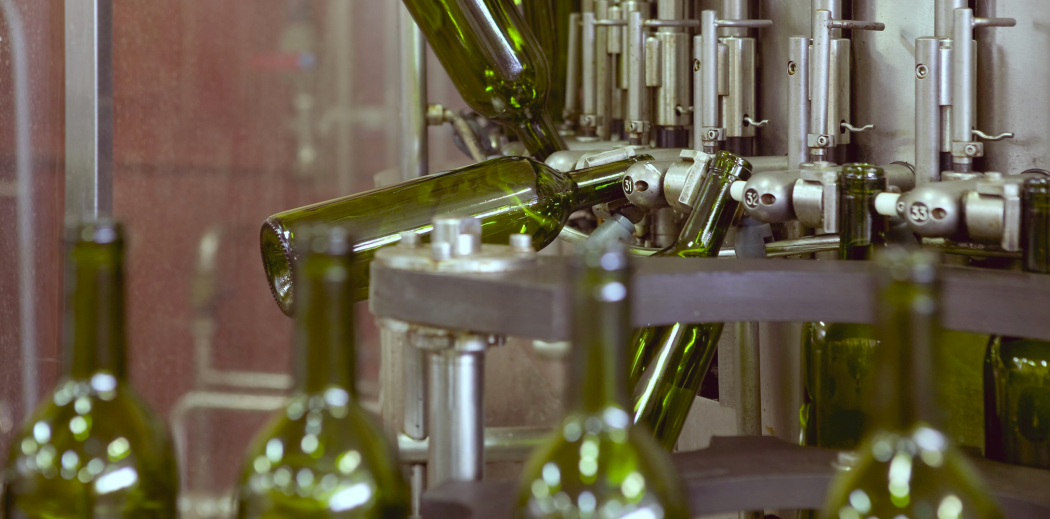
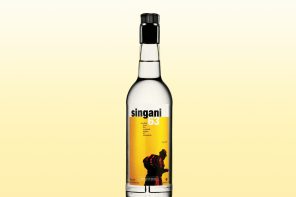

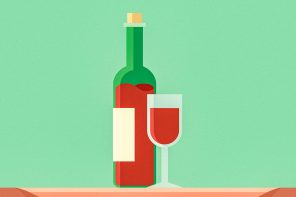

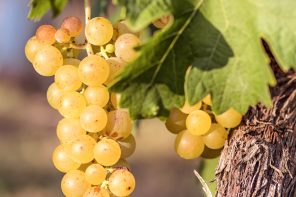
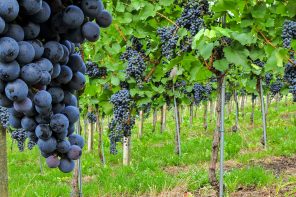

I think you mean “cues,” rather than referring to lining up.